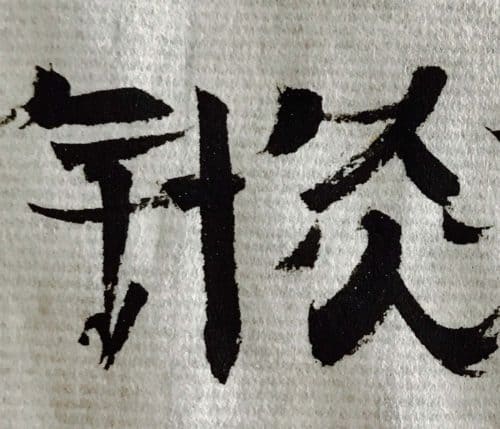OBJECTIVE:
Acupuncture has traditionally been used in the treatment of inflammatory bowel disease in China and is increasingly being applied in Western countries. The purpose of this study was to investigate the efficacy of acupuncture in the treatment of active Crohn’s disease (CD).

Zhen Jiu
METHODS:
We conducted a prospective, randomized, controlled, single-blind clinical trial to evaluate acupuncture’s effects on Crohn’s disease. First, we analyzed changes in the CD Activity Index (CDAI) as the primary outcome measure. Additionally, we assessed quality of life, general well-being, and serum inflammation markers (alpha(1)-acid glycoprotein, C-reactive protein) as secondary outcomes. At a single complementary medicine center, three trained acupuncturists treated 51 patients with mild to moderately active Crohn’s disease. Next, we randomly assigned patients to traditional acupuncture (TCM group, n=27) or control treatment at non-acupuncture points (control group, n=24). Consequently, patients received 10 treatment sessions over a period of 4 weeks and followed up for 12 weeks.
RESULTS:
In the TCM group the CDAI decreased from 250 +/- 51 to 163 +/- 56 points as compared with a mean decrease from 220 +/- 42 to 181 +/- 46 points in the control group (TCM vs. control group: p = 0.003). In both groups, these changes were associated with improvements in general well-being and quality of life. With regard to general well-being, traditional acupuncture was superior to control treatment (p = 0.045). alpha(1)-acid glycoprotein concentration fell significantly only in the TCM group (p = 0.046).
CONCLUSION:
Apart from a marked placebo effect, traditional acupuncture offers an additional therapeutic benefit in patients with mild to moderately active CD.
Resources
1- Joos S, Brinkhaus B, Maluche C, Maupai N, Kohnen R, Kraehmer N, Hahn EG, Schuppan D.
Digestive Disorders
Research Two
Acupuncture Treats Crohn’s Disease – New Research
11 MARCH 2011
Researchers at Shanghai University actively studied acupuncture’s effectiveness for Crohn’s disease. Their study, published in the Journal of Acupuncture, confirmed positive results. Specifically, they aimed to evaluate acupuncture’s impact on intestinal fibrosis in Crohn’s disease. First, they measured acupuncture’s effects on bFGF and Col I in rats’ intestines. Consequently, acupuncture significantly reduced Col I and bFGF expressions in affected rats. Thus, the research demonstrated acupuncture’s ability to lower these substances’ high levels. As a result, acupuncture effectively prevents intestinal fibrosis in Crohn’s disease.
